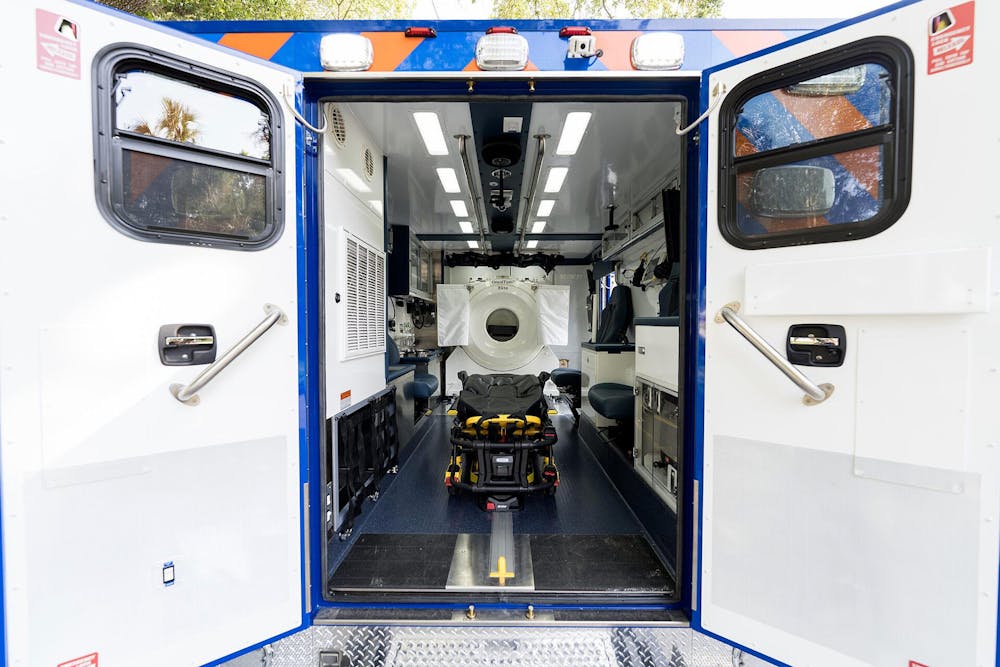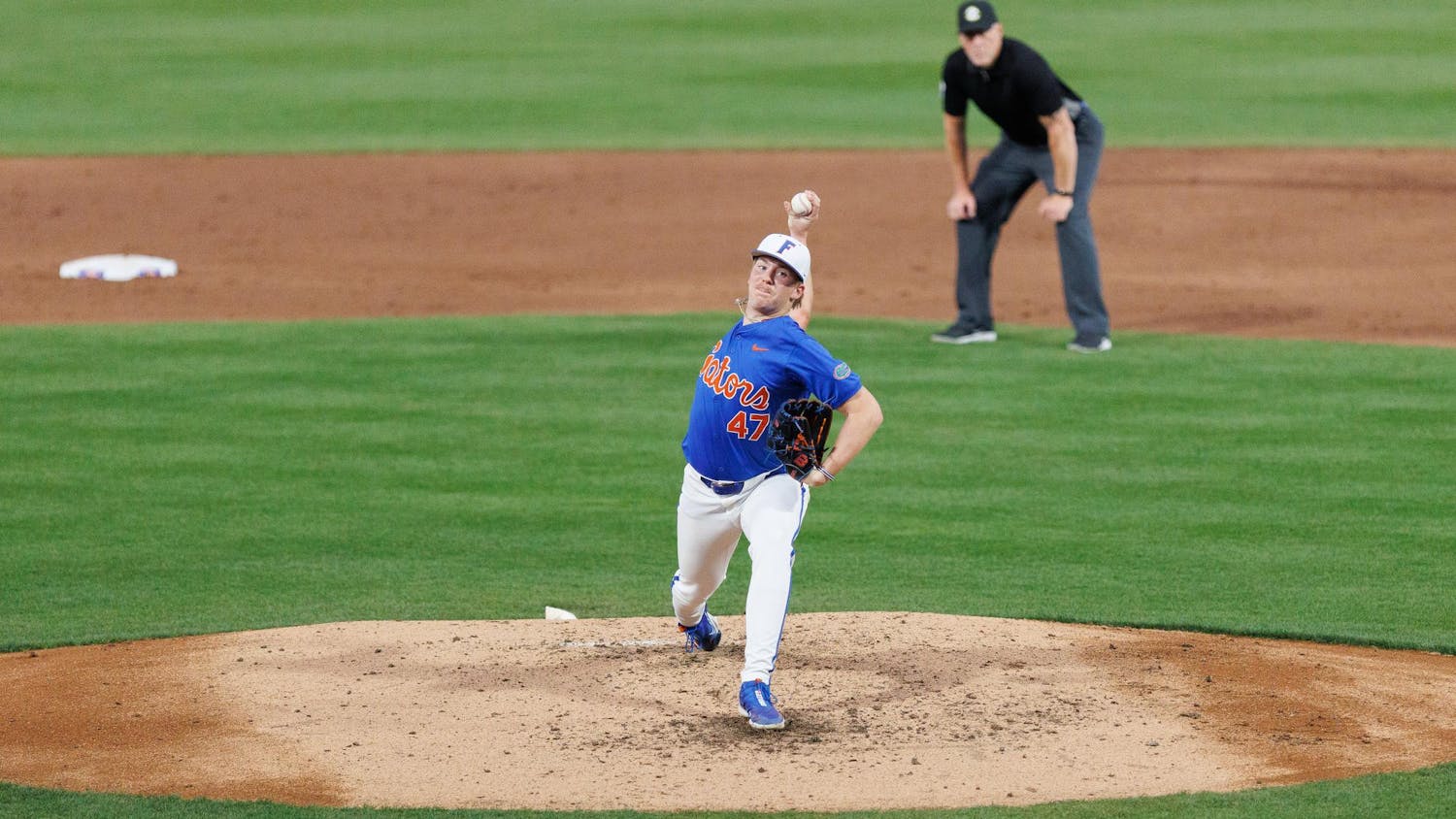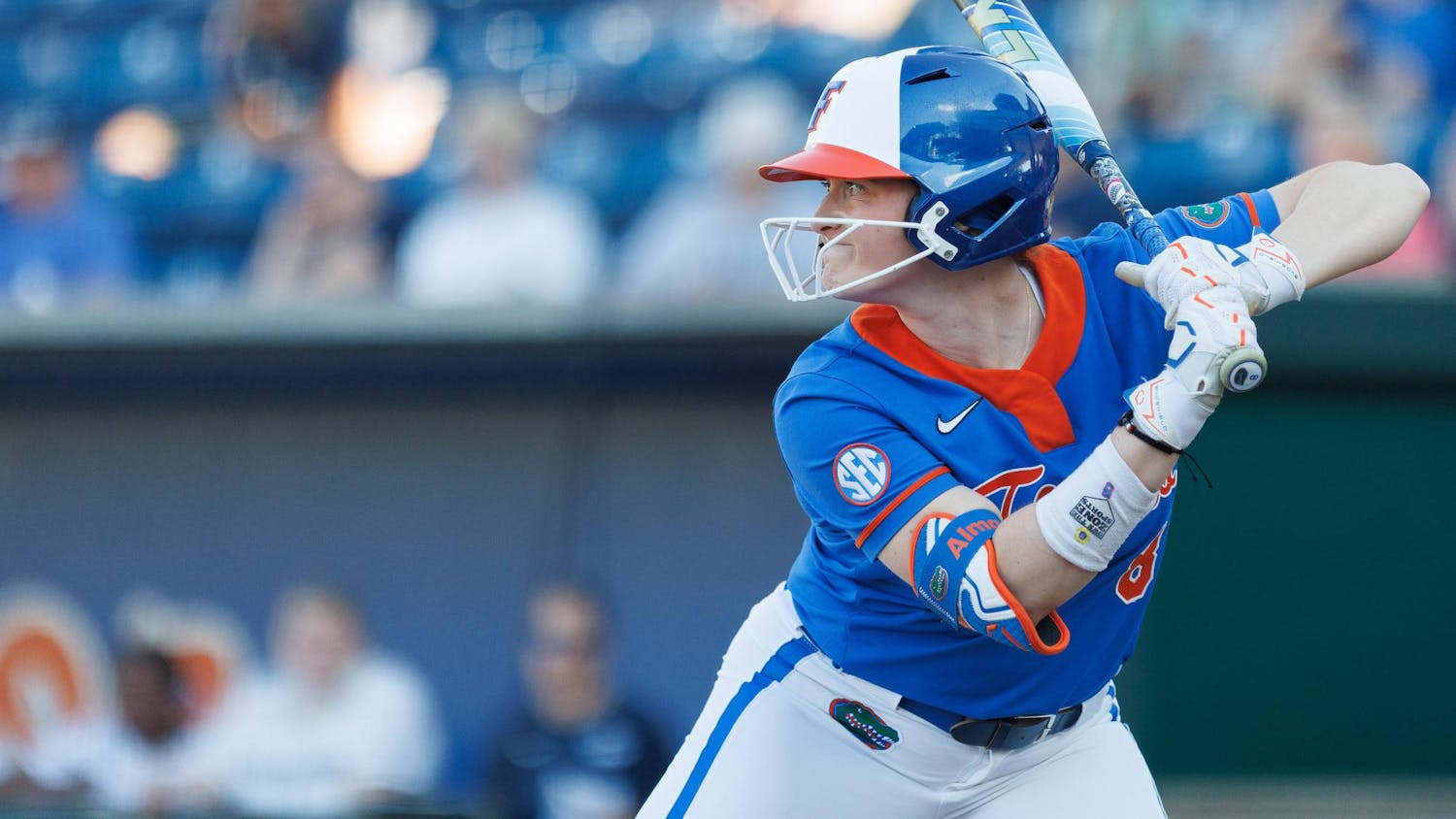In stroke care, every minute makes a difference. UF Health was the first hospital system in Florida to accelerate treatment and increase the number of positive outcomes with its Mobile Stroke Treatment Units, first deployed in Gainesville in 2023.
Now, UF Health Jacksonville has unveiled its first unit.
The Mobile Stroke Treatment Unit, or MSTU, is equipped with a 16-slice diagnostic CT scanner and medications given to bust blood clots, reduce high blood pressure and reverse brain bleeding. With its telemedicine equipment, paramedics can connect to stroke neurologists in real time. The unit’s crew includes a CT technologist, an EMT driver and paramedic, a stroke-trained nurse and a stroke neurologist available via telehealth.
The technology allows medical professionals to assess patients on-site and begin administering treatment earlier than traditional emergency services allow.
When a 911 caller reports a stroke, the MSTU is dispatched alongside standard emergency medical services. Upon arrival, the patient undergoes a CT scan. While en route to one of Jacksonville’s four stroke centers, a stroke neurologist reviews the images via telehealth. If they confirm a patient suffered a stroke, treatment, like administering clot-busting medication, can begin immediately.
The process saves time in a critical situation where moments could make the difference between long-term disability and full recovery.
Benjamin Alwood, a stroke neurologist and the unit’s medical director, said the unit is a “game-changer,” bypassing delays often associated with emergency room admissions. Fast-response units can reduce time to treatment by an average of 32 minutes, Alwood said.
He also said the unit can help patients receive attention within the “golden hour to tPA,” a key window where stroke treatment can have the most beneficial impact. Tissue plasminogen activator, or tPA, is a drug administered through a vein to help break up blood clots. It’s used when clots disrupt blood flow to the brain.
If a stroke patient receives treatment within an hour of symptom onset, complete recovery is likely, Alwood said. In Florida, which had one of the highest stroke rates in 2022, the odds are around 1% to 2% without mobile stroke units.
He said the value skyrockets to 25% when the units get involved.
The unit’s building cost is generally similar to that of an ambulance, Alwood said.
“It’s an upfront cost to actually build the unit, but it’s not that expensive to maintain in the long run,” Alwood said.
The unit received a call within 30 seconds of launching the service. In its first 10 days of operation, it’s already provided stroke care to 12 patients, he said.
The Gainesville team played a key role in mentoring the Jacksonville launch, Alwood said, sharing operational insights from its earlier deployment.
The unit’s creation has been a citywide partnership with Jacksonville’s City Council and hospitals in the area, he said. More mobile stroke units for the Jacksonville area, potentially one for each city quadrant, have already been discussed.
Jocelyn Padron, a 20-year-old UF public health junior, said the new MSTUs are a good start but aren’t the whole solution.
“I think the mobile stroke units are a good addition, but it definitely leaves more to be done in the future regarding regular emergency vehicles and access to care,” she said.
Padron added she’s concerned about cost and equitable access to specialized care, especially in rural areas.
“Cost might be an issue,” she said, saying she was worried about insurance coverage for MSTUs. “It’s really important to help rural communities and communities that are often overlooked or don’t have access to care as much as other people do.”
Elisa Christensen, a 20-year-old UF psychology sophomore, said she hopes the unit can inspire other medical fields to create similar rapid response units.
“With strokes, time is so crucial,” Christensen said. “If we treat it really fast, … the effects after the stroke would be way better. … I think this could inspire other fields in medicine.”
Amy Laser, a 19-year-old UF biology junior who is currently in EMT school, said she was amazed by the unit’s technology. Creating a mobile CT scanner that could fit into an ambulance is impressive, she said.
“My instructors always tell me time is tissue when it comes to strokes,” Laser said. “The longer you wait to provide treatment for a stroke, the more tissue dies. The fact that they’re able to diagnose a stroke and potentially provide medication or therapy — that’s so great.”
Contact Swasthi Maharaj at smaharaj@thealligator.org. Follow her on X @s_maharaj1611.

Swasthi is the Fall 2025 university administration reporter. She's previously worked as general assignment reporter with The Alligator, and you can also find her work in Rowdy Magazine or The Florida Finibus. When she's not staring at her laptop screen or a textbook, she's probably taking a long walk or at a yoga class.






